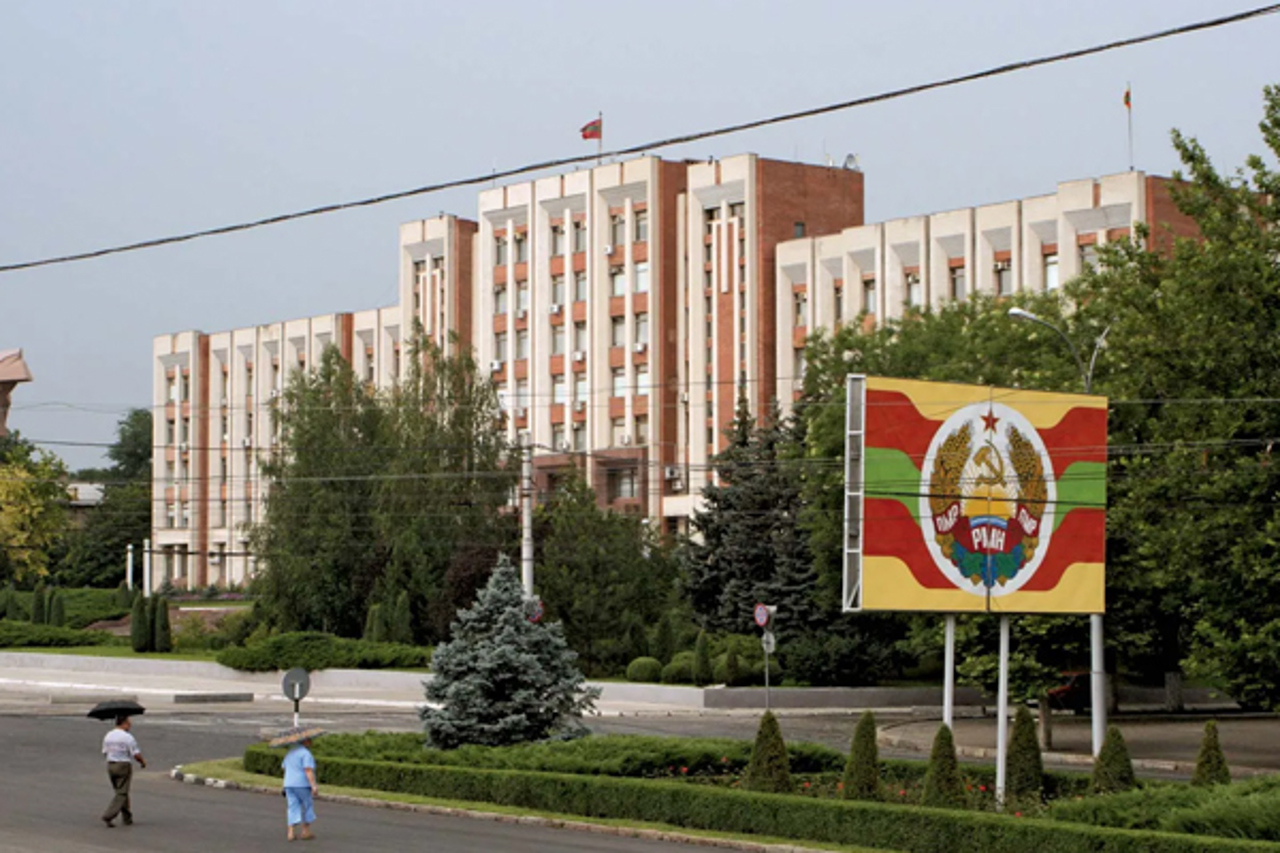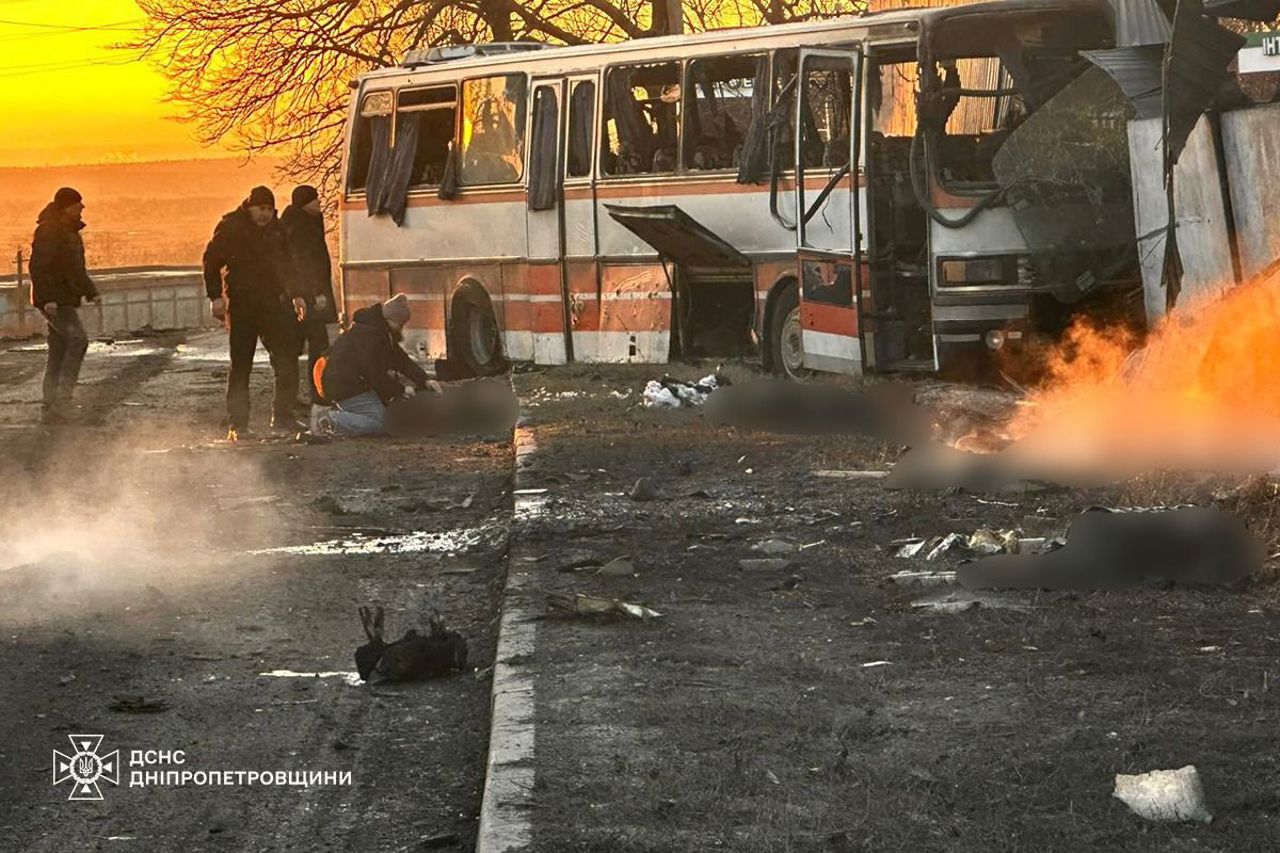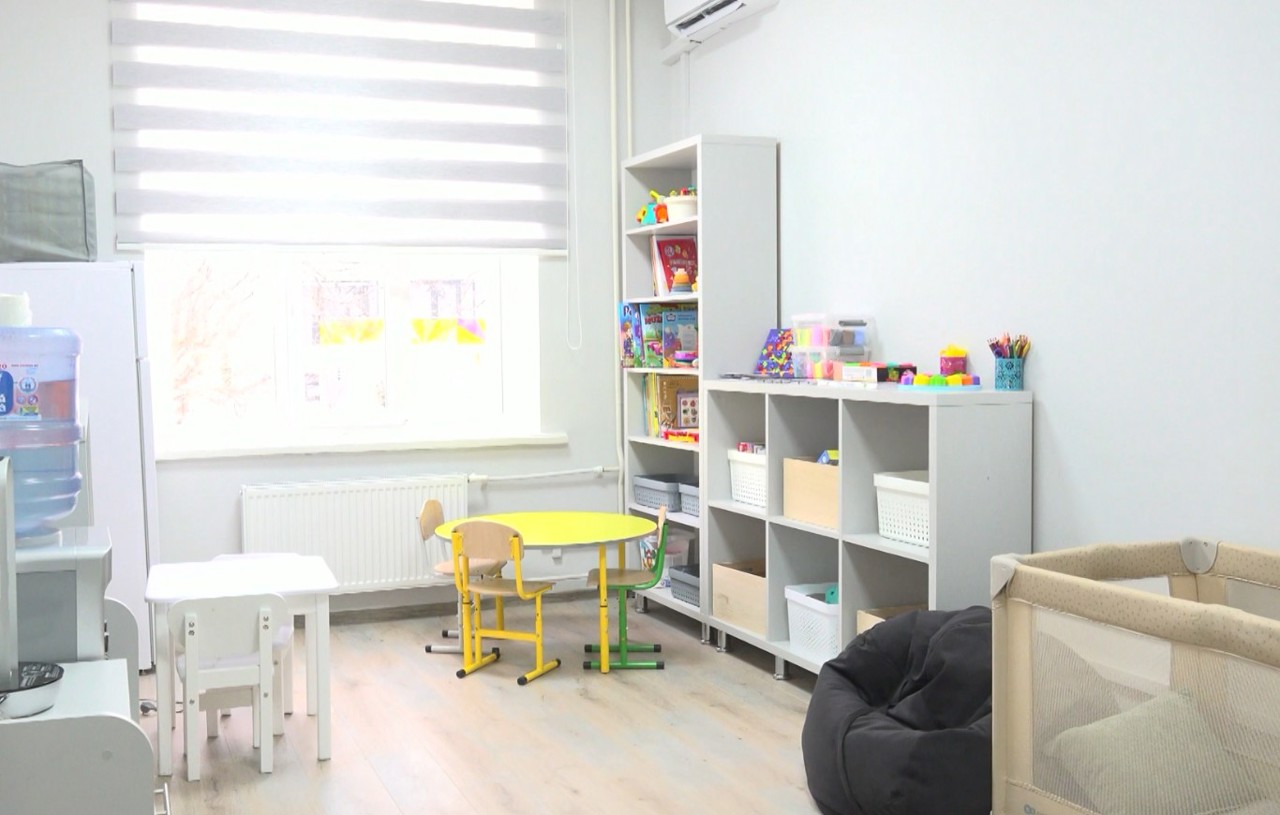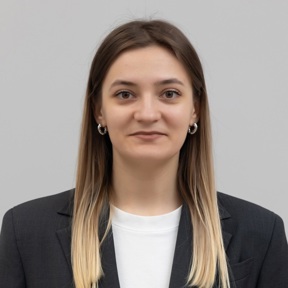Tiraspol bans child-free propaganda, mirroring Russia
The Tiraspol de facto authorities intend to ban "child-free propaganda," following the Russian model. Promo-LEX Association raises an alarm regarding six draft laws registered by the Tiraspol de facto Supreme Soviet on March 4, aiming to ban the promotion of a child-free lifestyle.

Experts warn that these measures will restrict freedom of expression, the right to privacy, and reproductive rights in the Transnistrian region. The Moldovan government has not yet reacted to the initiatives announced by the Tiraspol separatist regime.
The initiatives promoted by the Tiraspol de facto authorities propose amending the Transnistrian legislation in child protection, advertising, film, media, children's rights guarantees, and the code of administrative offenses. Promo-LEX warns that the six proposed laws do not provide clear examples or details about what "child-free propaganda" means, nor do they define the concept. The association argues that, under these conditions, they could be applied arbitrarily, which will further amplify the climate of fear in the region.
These initiatives are promoted as a response to the demographic decline of the last three decades and the continuous decrease in the number of children born in the region, in the context in which Tiraspol aims to ensure the established number of recruits annually and to expand its recruitment base in military schools and security forces. The so-called "demographic policies" in the region aim to meet military needs.
Like other laws in the Transnistrian region, these can lead to intimidation and persecution by security forces and even illegal arrests for those who do not hold PMR citizenship.
According to the new "provisions," people who promote a child-free lifestyle through public actions, media, or social networks risk fines of up to 5,700 lei and suspension of activity for up to 90 days. Foreigners who carry out such activities in the region risk "expulsion" and administrative "arrest" for up to 15 days.
The Promo-LEX Association calls on the authorities of the Republic of Moldova, international partners, and diplomatic missions to intervene to stop these "initiatives," which, according to the association, violate fundamental human rights on the left bank of the Dniester.
We tried to obtain a comment from the People's Advocate, Ceslav Panico, but he did not answer our calls. We also requested a comment from the Reintegration Policy Bureau, but, at the time of publication of this material, we have not received a response.
The European Union conditioned 60 million euros in financial support for the Transnistrian region in early February, including respect for human rights on the left bank of the Dniester. The aid was proposed after the Russian giant Gazprom stopped gas deliveries to Tiraspol on January 1, 2025, and Moldova and Brussels intervened to prevent an energy crisis in the region. Tiraspol rejected the EU offer, opting instead to pay Moldova for the transit of gas supplied by the Hungarian company MET. According to the separatist administration, the costs are covered by a Russian loan.
In addition to financial support, Moldova and the EU have established that gas transit through the right bank of the Dniester will be conditioned by compliance with several human rights measures. The Moldovan authorities have asked the separatist administration in Tiraspol to: [release political prisoners] ("Tiraspol and I to be together, but without the Russian occupiers." The testimonies of Mihail Ermurachi, the oldest political prisoner in the Transnistrian region), solve the problem of the Romanian-language high school in Râbnița, maintain Moldovan public television in the program grid, and eliminate the illegal control posts installed in 2022.
Translation by Iurie Tataru






